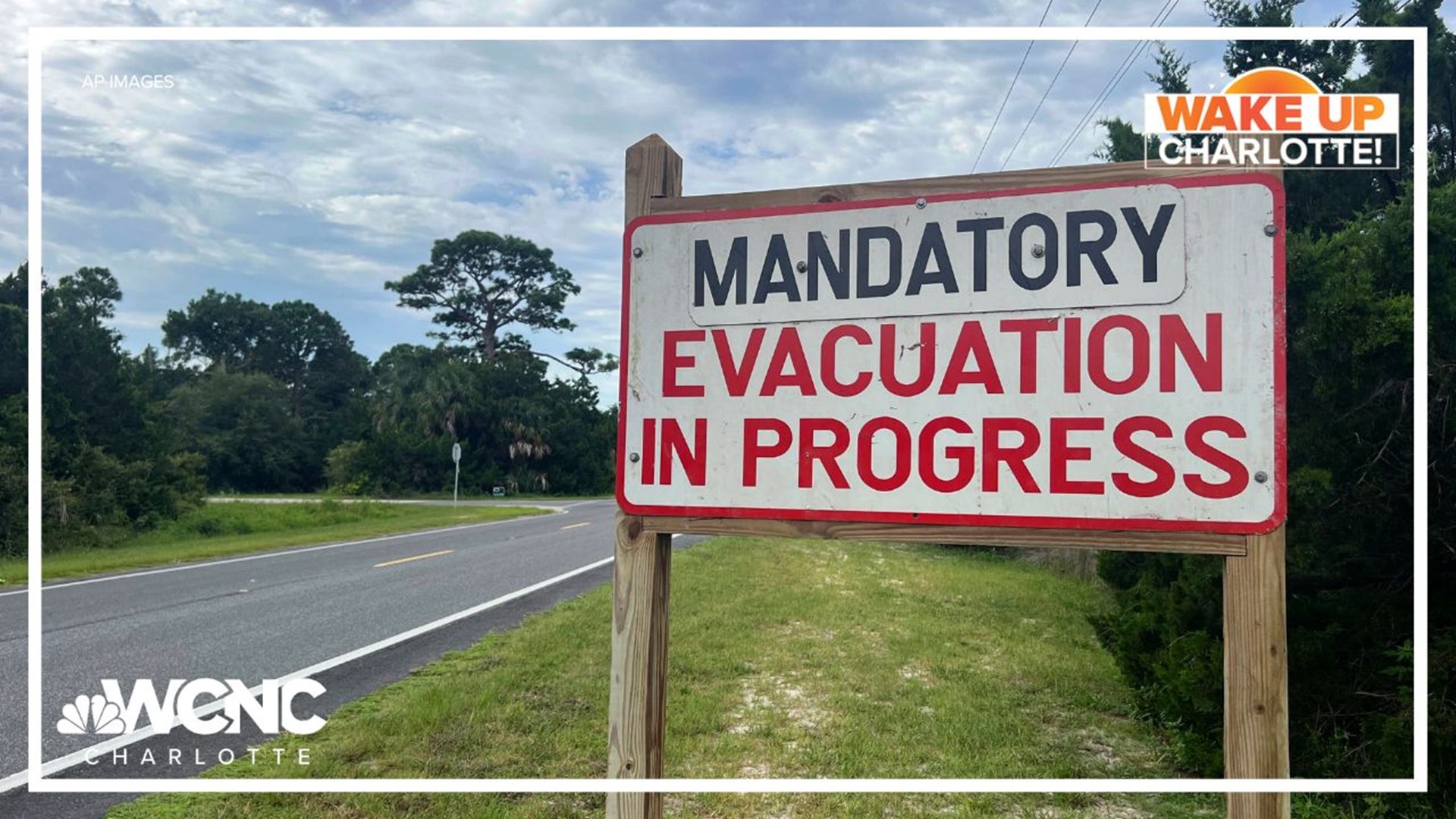CHARLOTTE, N.C. — A state of emergency remains in effect for North Carolina and South Carolina as Tropical Storm Idalia pushes to the northeast and out to sea, leaving a trail of destruction in its wake.
But while a state of emergency may sound ominous, it's actually all about the response during and after a disaster.
When a North Carolina governor issues a state of emergency, the main concern is money. Storms are expensive, with most hurricanes doing millions of dollars in damages. Idalia made landfall in Florida as a powerful Category 3 hurricane and quickly moved north toward the Carolinas. Gov. Roy Cooper said state emergency management officials were monitoring the storm closely.
"It is important for North Carolinians to gather emergency kits and prepare for the storm before it's too late," Cooper said this week. "We also want to make sure our farmers are able to protect their crops."
By issuing an emergency declaration, it helps seek state or federal funding aid for disaster response if it's needed. It also means rules that could get in the way of disaster relieve are waived. A state of emergency also triggers the immediate transportation of fuel and critical supplies to the areas that need them most.
A state of emergency does not mean schools or government offices are automatically closed. Those decisions are still up to local districts and governments.
Wake Up Charlotte To Go is a daily news and weather podcast you can listen to so you can start your day with the team at Wake Up Charlotte.
SUBSCRIBE: Apple Podcasts || Spotify || Stitcher || TuneIn || Google Podcasts
All of WCNC Charlotte's podcasts are free and available for both streaming and download. You can listen now on Android, iPhone, Amazon, and other internet-connected devices. Join us from North Carolina, South Carolina, or on the go anywhere.

